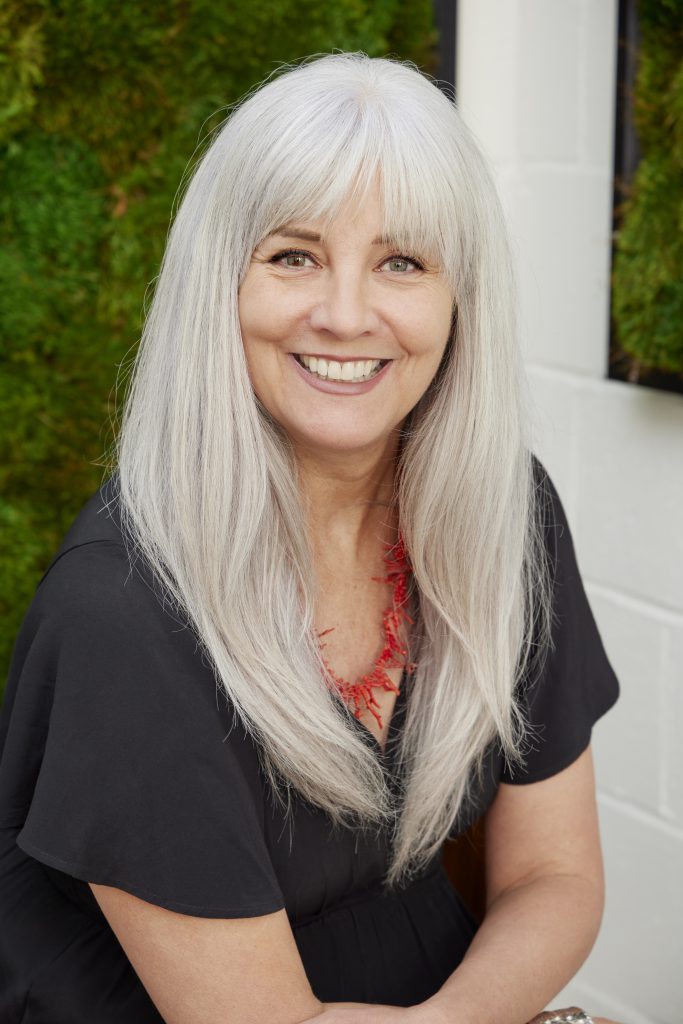
Kristen McSparren
Tax Credit Coodinator
Like many, Kristen was romanced into historic preservation by ornately crafted buildings and high-style edifices. A liberal arts education with a major in art primed her receptors for the aesthetic components of the built environment. While studying art history, she was particularly drawn to architecture, fueling her interest by exploring abandoned buildings and climbing bridges. After graduating from William Jewell College in 1991 and working as a flight attendant, Kristen entered the School of the Art Institute of Chicago to pursue a Master of Science in historic preservation, graduating in 1996.
For the next seven years in Chicago, Kristen worked in historic preservation with real estate developers, general contractors, masonry contractors, architecture firms and non-profit organizations. Since moving back to Kansas City in 2003, Kristen has worked as a preservation consultant with Historic Preservation Services and with Rosin Preservation. After 12 years in the preservation field, Kristen remains wowed by ornate and high-style structures but has developed a deep appreciation for the modest, vernacular and ordinary structures that make up the majority of our everyday built environment.
Favorite historic building
Municipal Auditorium; Kansas City, Missouri; Hoit, Price & Barnes with Gentry, Voskamp & Neville architects; 1935. I love its slick, streamlined moderne styling. There is so much original fabric left in the building (from door hardware to light fixtures to painted murals). Most historic buildings of this caliber are continually updated through the years and lose historic elements and character with every renovation.
I am a preservationist because…
Reusing buildings and their materials is important to our environment, our culture, our heritage, our sense of who we are. We must work hard to respect, retain and reuse the vernacular as well as the high-style buildings in our world. If all we save are the architectural rock-stars, we’ll miss the context of our cultural history.
